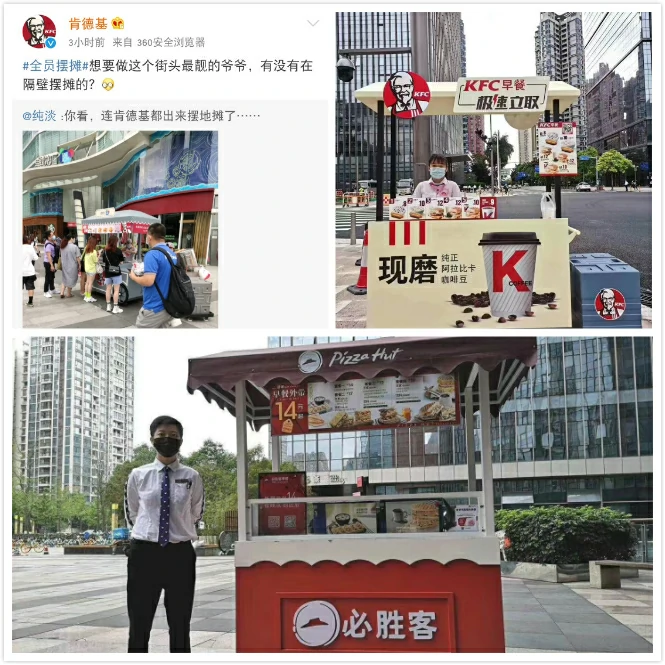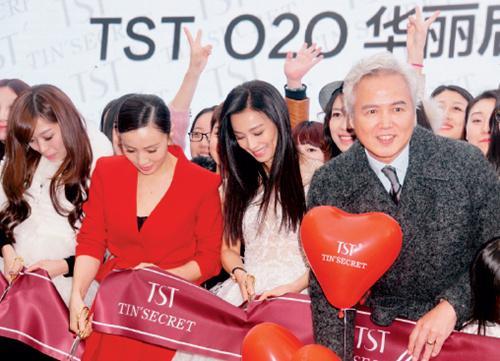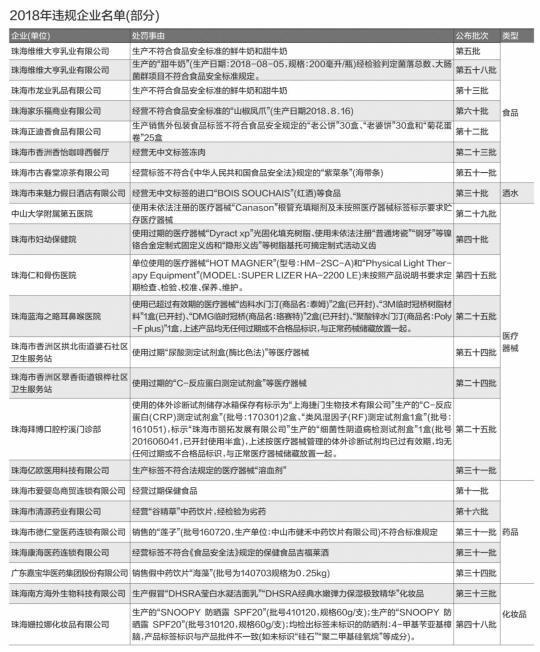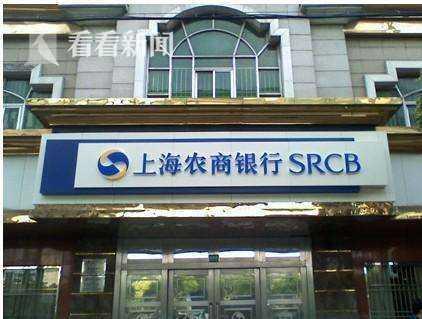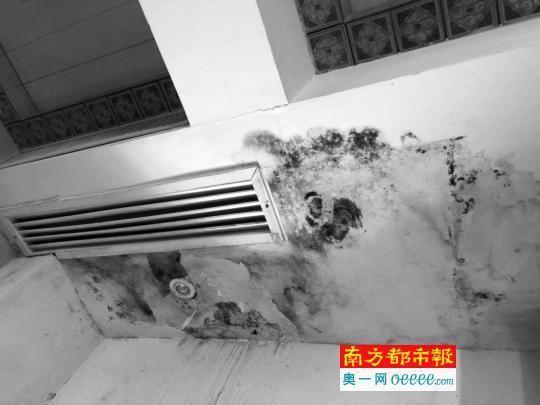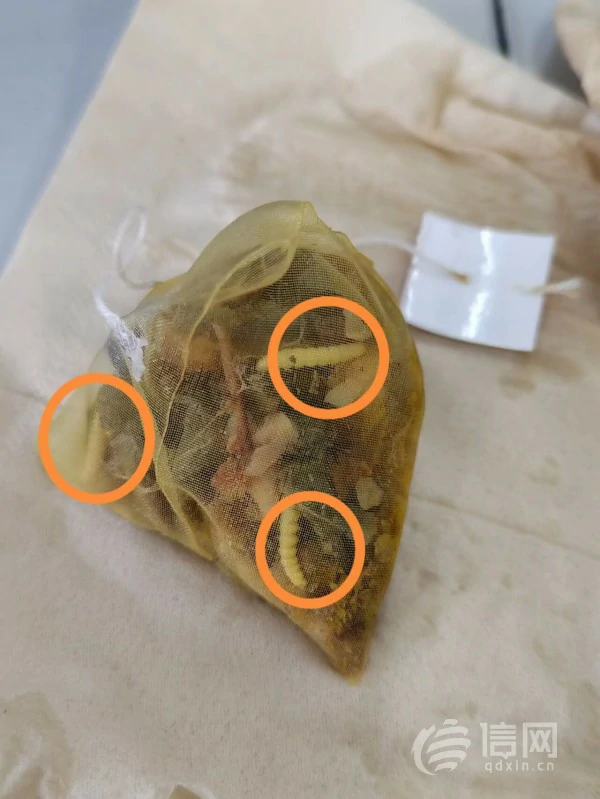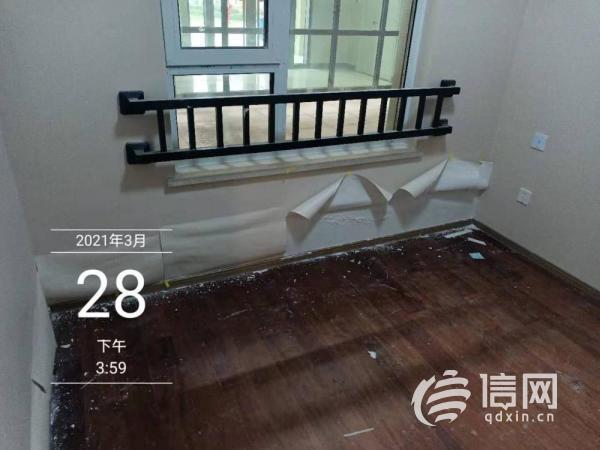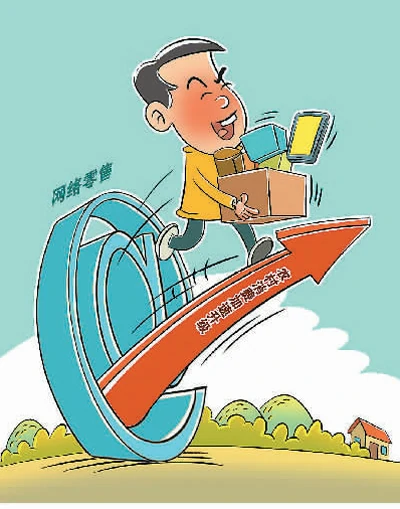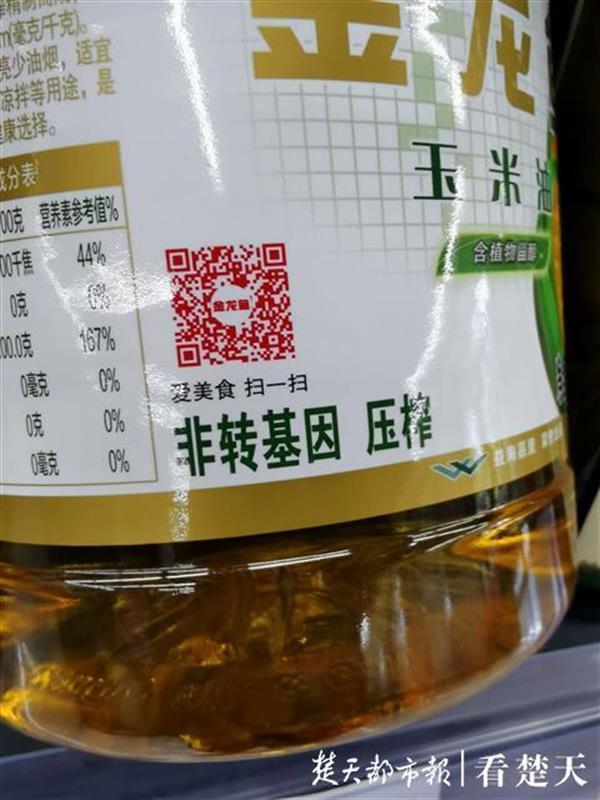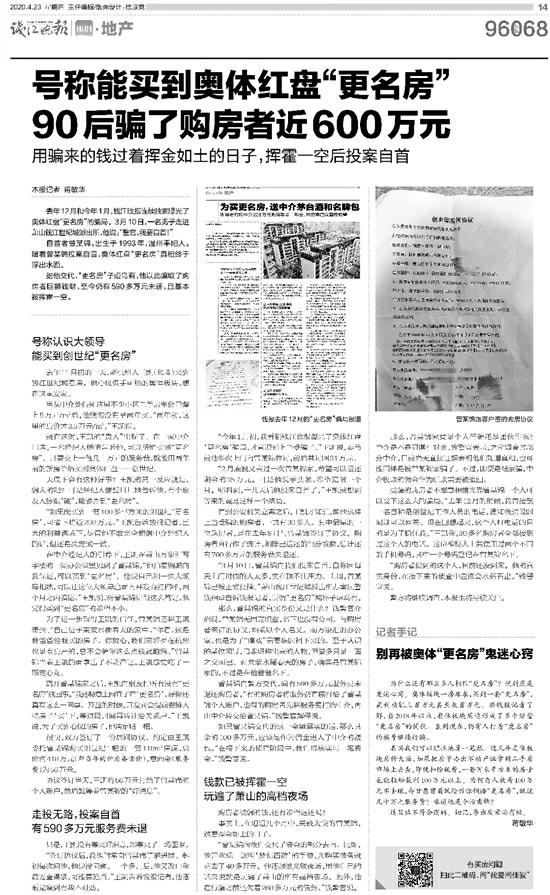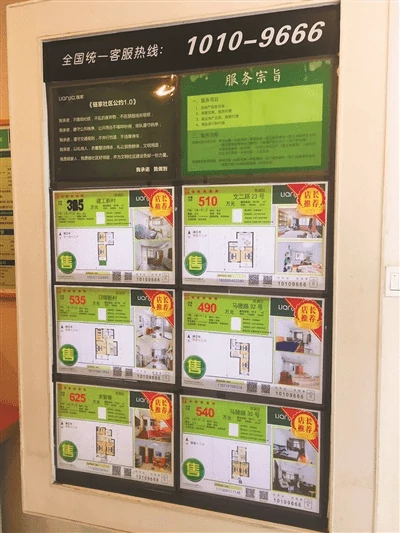白宫网站上发布中国进口关税备忘录,未提及具体关税数额(目前这个方面媒体报道比较混乱)。下一步方案包括提高关税、WTO争端解决、在关键领域部门限制投资等手段。
具体如下:
美国的行动与第301条有关中国法律、政策、实践或有关技术转让、知识产权和创新的行动有关。
在2017年8月14日,我指示美国贸易代表(贸易代表)决定是否调查中国的法律、政策、做法或行为,这些行为可能是不合理的或带有歧视性的,并可能损害美国的知识产权、创新或技术发展。2017年8月18日,贸易代表根据《1974年贸易法》第301条(《法案》)(19 U.S.C. 2411)开始调查。
在调查期间,美国贸易代表办公室(USTR)咨询了适当的咨询委员会和第301委员会。贸易代表还要求根据《法案》第303条(第2413条),与中国政府协商。美国贸易代表办公室于2017年10月10日举行了一次公开听证会,并发表了两轮公开评论期。USTR收到了大约70份来自学者、智库、律师事务所、行业协会和公司的书面报告。
贸易代表建议我,调查支持以下调查结果:
首先,中国使用外资所有权限制,包括合资企业的要求、股权限制和其他投资限制,要求或要求美国公司向中国实体施压。中国还利用行政审批程序来要求或施压技术转让,除其他外,这削弱了美国投资和技术的价值,削弱了美国公司的全球竞争力。
其次,中国对美国公司的投资和活动施加了大量限制,包括对技术许可条款的限制。这些限制剥夺了美国技术所有者讨价还价的能力,并为技术转让设定了基于市场的条款。因此,寻求许可技术的美国公司必须按照不公平的方式对中国的接受者进行授权。
第三,中国指导和促进中国企业对美国公司和资产的系统性投资和收购,获取尖端技术和知识产权,并在被认为是中国政府产业计划重要的行业中产生大规模技术转移。
第四,中国对美国公司的电脑网络进行非法入侵和盗窃活动。这些行动为中国政府提供了非法获取知识产权、商业秘密或机密商业信息的机会,包括技术数据、谈判立场、敏感和专有的内部商务沟通,同时也支持中国的战略发展目标,包括科技进步、军事现代化和经济发展。
特此说明如下:
第一节。关税。
(a)贸易代表应根据《法案》第301条的规定采取一切适当行动,以解决中国的行为、政策和做法,这些行为是不合理的或歧视性的,并对美国的商业造成负担或限制。贸易代表应考虑是否应增加对中国商品的关税。
(b)为促进本节第(a)款的目的,贸易代表应在本备忘录之日起15天内公布一份拟议的产品清单和任何预期的关税增加。经过一段时间的通知和评论依照第304节(b)的行为(19事项2414(b)),与适当的机构和委员会磋商后,贸易代表,应当适当,符合法律,发布最终的产品列表和提高关税,如果有的话,和执行任何这样的关税。
2。WTO争端解决。
(a)贸易代表应酌情与法律一致,在世界贸易组织(WTO)中寻求解决争端,以解决中国的歧视性许可做法。在适当和符合法律的情况下,贸易代表应与世贸组织其他成员合作,共同应对中国不公平的贸易行为。
(b)在本备忘录签署之日起60天内,贸易代表应向我报告本条第(a)款下的进展情况。
3。投资限制。
(a)财政部长(秘书),与其他行政部门的高级官员磋商秘书认为合适,应当提出行政部门行动,适当的和符合法律,和使用任何可用的法定权力,考虑投资在美国直接或通过中国的行业或技术视为重要的美国。
(b)这备忘录之日起60天内,秘书应报告给我下他的进步本节第(a)。
4.出版。
贸易代表被授权并指示在联邦登记册上公布该备忘录。
英文原文:
Presidential Memorandum on the Actions by the United States Related to the Section 301 Investigation
MEMORANDUM FOR THE SECRETARY OF THE TREASURY
THE UNITED STATES TRADE REPRESENTATIVE
THE SENIOR ADVISOR FOR POLICY
THE ASSISTANT TO THE PRESIDENT FOR ECONOMIC POLICY
THE ASSISTANT TO THE PRESIDENT FOR NATIONAL SECURITY AFFAIRS
THE ASSISTANT TO THE PRESIDENT FOR HOMELAND
SECURITY AND COUNTERTERRORISM
SUBJECT:Actions by the United States Related to the Section 301 Investigation of China’s Laws, Policies, Practices, or Actions Related to Technology Transfer, Intellectual Property, and Innovation
On August 14, 2017, I directed the United States Trade Representative (Trade Representative) to determine whether to investigate China’s laws, policies, practices, or actions that may be unreasonable or discriminatory and that may be harming American intellectual property rights, innovation, or technology development.On August 18, 2017, the Trade Representative initiated an investigation under section 301 of the Trade Act of 1974, as amended (the “Act”) (19 U.S.C. 2411).
During its investigation, the Office of the United States Trade Representative (USTR) consulted with aPPropriate advisory committees and the interagency section 301 Committee.The Trade Representative also requested consultations with the Government of China, under section 303 of the Act (19 U.S.C. 2413).The USTR held a public hearing on October 10, 2017, and two rounds of public written comment periods.The USTR received approximately 70 written submissions from academics, think tanks, law firms, trade associations, and companies.
The Trade Representative has advised me that the investigation supports the following findings:
First, China uses foreign ownership restrictions, including joint venture requirements, equity limitations, and other investment restrictions, to require or pressure technology transfer from U.S. companies to Chinese entities.China also uses administrative review and licensing procedures to require or pressure technology transfer, which, inter alia, undermines the value of U.S. investments and technology and weakens the global competitiveness of U.S. firms.
Second, China imposes substantial restrictions on, and intervenes in, U.S. firms’ investments and activities, including through restrictions on technology licensing terms.These restrictions deprive U.S. technology owners of the ability to bargain and set market-based terms for technology transfer.As a result, U.S. companies seeking to license technologies must do so on terms that unfairly favor Chinese recipients.
Third, China directs and facilitates the systematic investment in, and acquisition of, U.S. companies and assets by Chinese companies to obtain cutting-edge technologies and intellectual property and to generate large-scale technology transfer in industries deemed important by Chinese government industrial plans.
Fourth, China conducts and supports unauthorized intrusions into, and theft from, the computer networks of U.S. companies.These actions provide the Chinese government with unauthorized access to intellectual property, trade secrets, or confidential business information, including technical data, negotiating positions, and sensitive and proprietary internal business communications, and they also support China’s strategic development goals, including its science and technology advancement, military modernization, and economic development.
It is hereby directed as follows:
Section 1.Tariffs.(a)The Trade Representative should take all appropriate action under section 301 of the Act (19 U.S.C. 2411) to address the acts, policies, and practices of China that are unreasonable or discriminatory and that burden or restrict U.S. commerce.The Trade Representative shall consider whether such action should include increased tariffs on goods from China.
(b)To advance the purposes of subsection (a) of this section, the Trade Representative shall publish a proposed list of products and any intended tariff increases within 15 days of the date of this memorandum.After a period of notice and comment in accordance with section 304(b) of the Act (19 U.S.C. 2414(b)), and after consultation with appropriate agencies and committees, the Trade Representative shall, as appropriate and consistent with law, publish a final list of products and tariff increases, if any, and implement any such tariffs.
Sec. 2.WTO Dispute Settlement.(a)The Trade Representative shall, as appropriate and consistent with law, pursue dispute settlement in the World Trade Organization (WTO) to address China’s discriminatory licensing practices.Where appropriate and consistent with law, the Trade Representative should pursue this action in cooperation with other WTO members to address China’s unfair trade practices.
(b)Within 60 days of the date of this memorandum, the Trade Representative shall report to me his progress under subsection (a) of this section.
Sec. 3.Investment Restrictions.(a)The Secretary of the Treasury (Secretary), in consultation with other senior executive branch officials the Secretary deems appropriate, shall propose executive branch action, as appropriate and consistent with law, and using any available statutory authority, to address concerns about investment in the United States directed or facilitated by China in industries or technologies deemed important to the United States.
(b)Within 60 days of the date of this memorandum, the Secretary shall report to me his progress under subsection (a) of this section.
Sec. 4.Publication.The Trade Representative is authorized and directed to publish this memorandum in the Federal Register.
DONALD J. TRUMP


